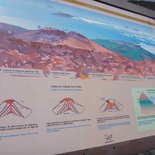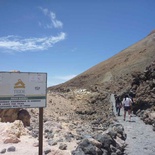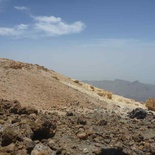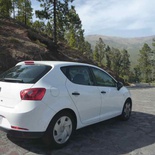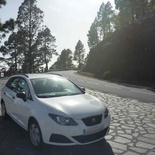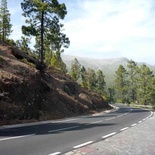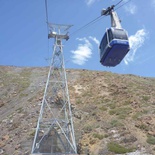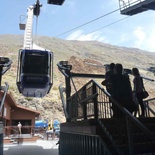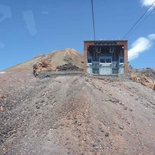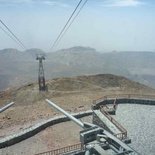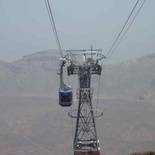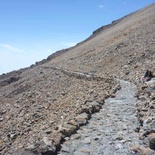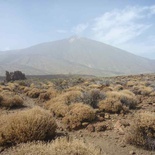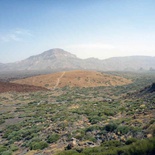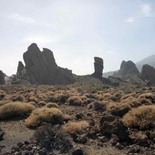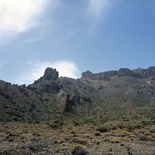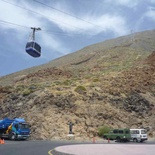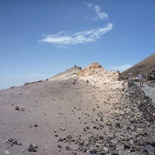Mount Teide is a volcano on Tenerife in the Canary Islands, Spain. Its summit is the highest Mountain in Spain, and the highest point above sea level in the islands of the Atlantic.
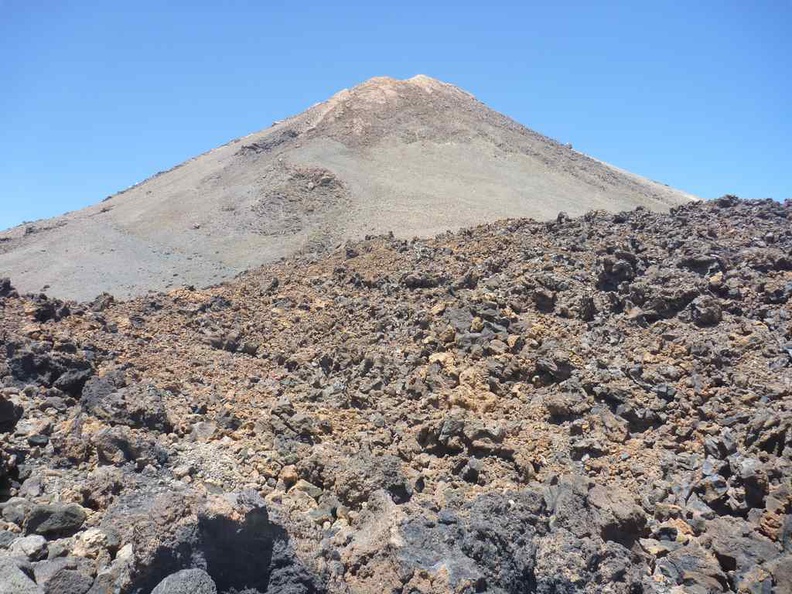
A geo-marvel of a volcano
You could tell from the central location of the volcano that this canary islands is formed from an underwater fissure in the Atlantic ocean, where an eruption and growing rock from the ocean bed gave birth to the island we are on and the neighbouring islands for that matter. Which also means that Tenerife’s Teide is somewhat a dormant volcano.
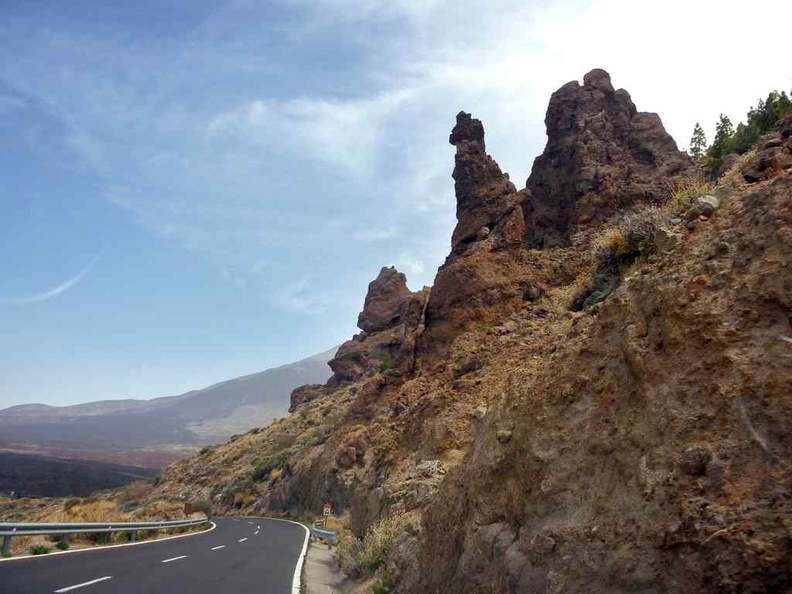
In addition, Mount Teide had its last eruption on 18 November 1909, though an eruption could be due soon. Hence, looking at the country map, much of the land mass around the volcano are largely devoid of any human settlements. Here, towns and cities safety located on the outskirts by the seaside away from the lava flows in the event of an eruption.
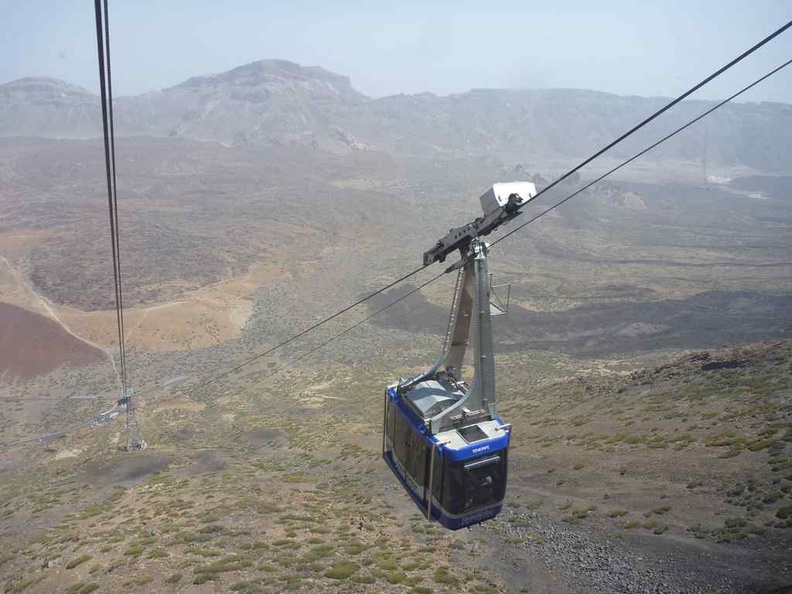
Mountain drive up
Furthermore, the mountain drive up and down comprises of nice winding roads which are literally devoid of cars. Let be the occasional tour bus or private car prying the long straights.

Also, there are two roads serving the mountain, one which is a scenic route through a forested ridgeline from the north and the south is a more direct route. Driving both routes on your entry and exit does add more variety to the sights on your drive, which could be pretty long at times.
Moreover, a drive up can take from 2-3 hours, and depending if you stop often at the various viewing spots along your way.
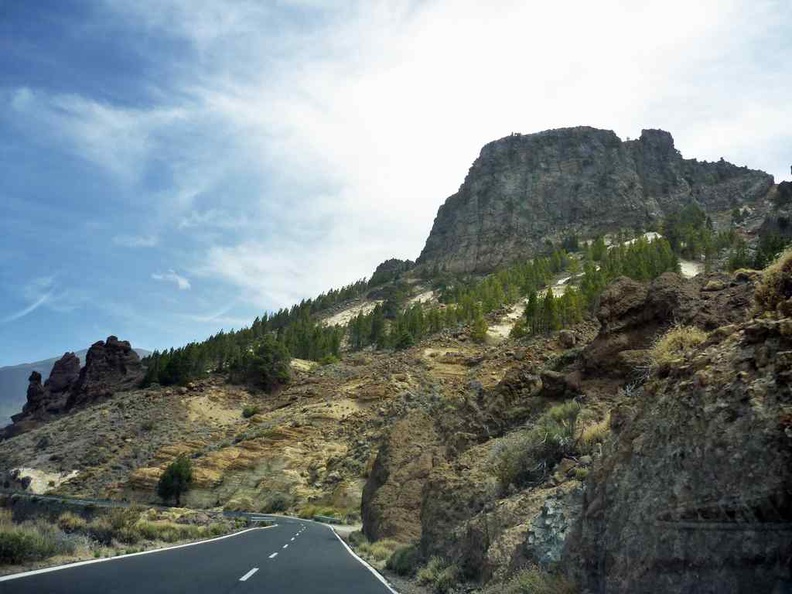
Moreover, still there are many scenic mountain sights you can use as break points. Also, you get green forested areas up on the volcano fertile mountain slopes which the roads up and down winds along with a series of hairpin turns.
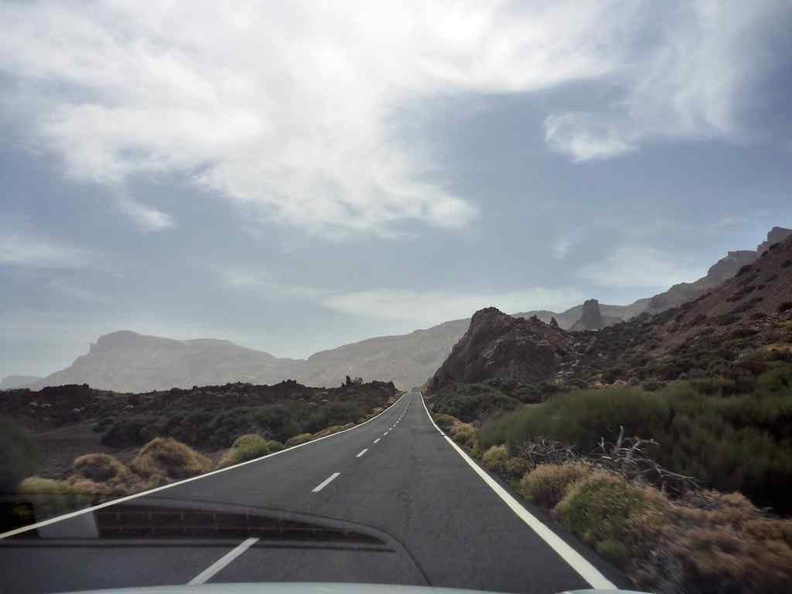
Also, the open road straights are largely vast and open, with just a single two lane, two way road running into a horizon with mountains on either sight. It is a vast impressive sight only in large countries.
The drive to the mountain offers a mix of long straights and windy mountain roads Also, Teide, being the tallest feature on the island is unmistakable. You constantly see it in the distance on your drive. Through several evergreen trees which has tad of a sub-tropical feel.
On the Volcano
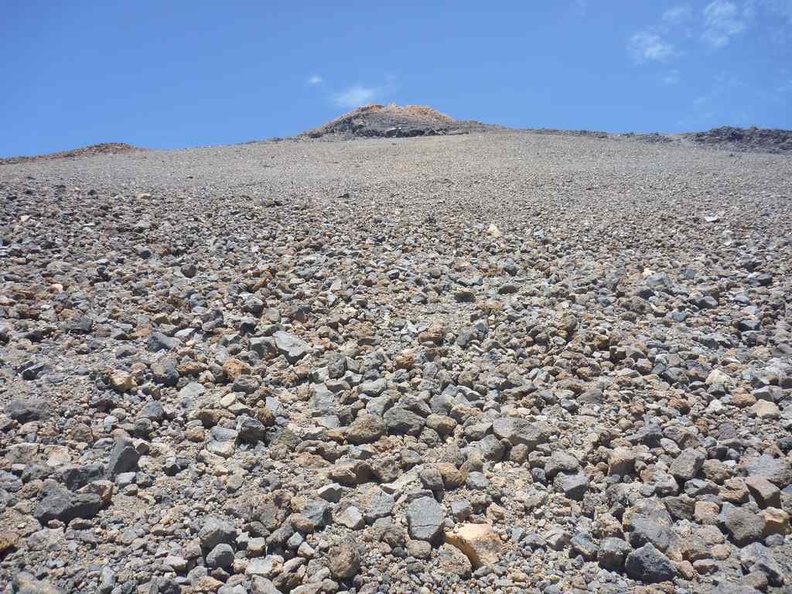
Moreover, Standing at an elevation of 3.7 kilometers above sea level. Mount Teide is the third highest volcanic structure and most voluminous in the world, after Volcanos Mauna Kea and Mauna Loa in Hawaii, which are also formed as oceanic volcanoes.
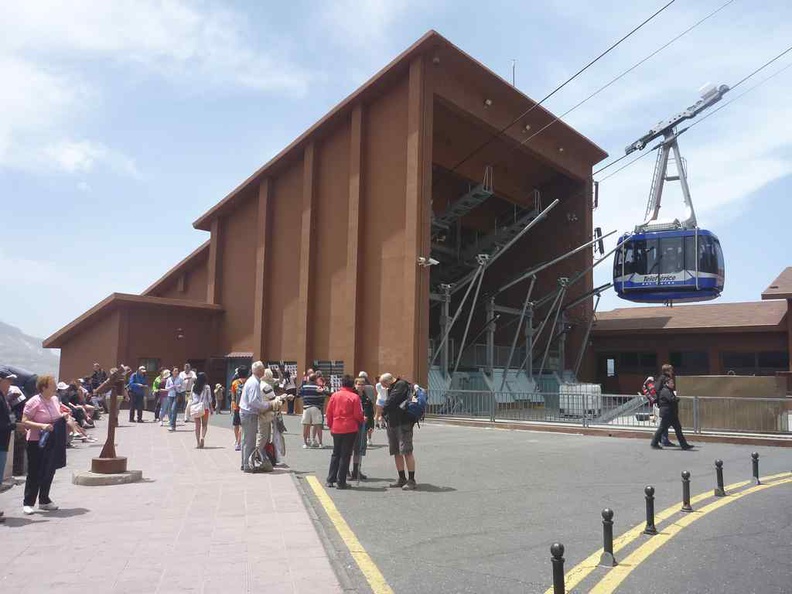
A lone cable car station serves the bottom visitor center area to the crater top of the natural attraction. The ropeway has tad of a ski resort feel with similar cable cars, which brings you to the top sectors of the volcano. Notably, the first ascent up the volcano was in 1582.
Additionally, the landscape up here is also typical of that of a volcanic active region. However, you do not see much of typical active volcanic features like boiling hot springs, or even impressive geysers like those in Iceland.
At the volcano top
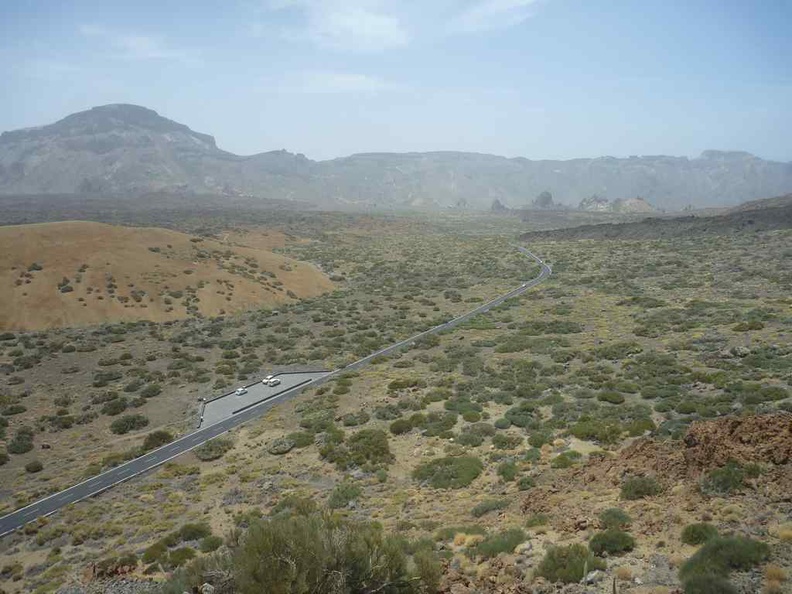
Moreover, the air up here is noticeably thinner, yet pretty manageable for a light climb near to the top crater of the volcano. The air up here in this elevation is chilly and windy, but it is not too bad as the skies up here are largely cloudless, so you get much of the sun on your side here to keep you warm from the wind chills. Also, you would be fine without a jacket, and just bring along a light one if may, especially in the mid-summer months.
Also, the views up of the volcano is fantastic. On a clear day, you can see into the distance for miles and miles on end. Additionally, Teide being a volcano is not without it’s fair share of volcanic elements.
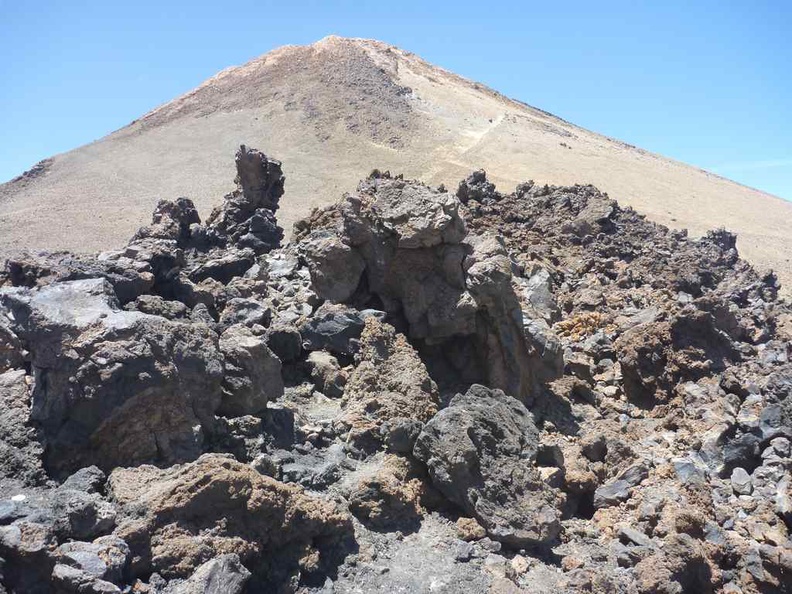
Do note that these volcanic rocks can be rather sharp too, so do take caution when nearing or coming in contract with them. This includes giant sulphuric deposits with towers as tall as a man.
Fantastic views
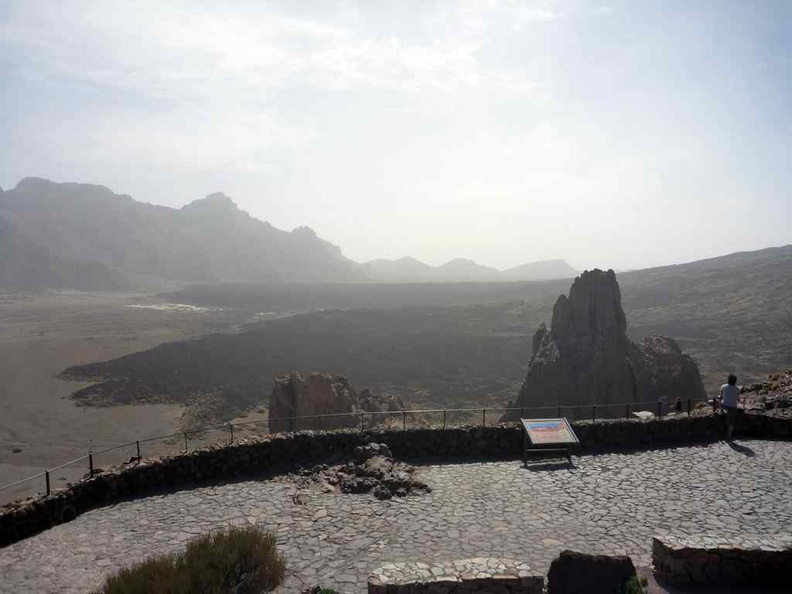
Additionally, there are several viewing vantage points giving you great vast panoramic views. Also, a typical visit allows you to roam on pathways made along the volcano crater, though you need special permission to trek up to the rim of the volcano cater itself.
Moreover, the walking volcanic trail tracks here run in a circular fashion bringing you back to the visitor center. Despite the cable car ropeway bringing you to the top, there is still a notable kilometre upward trek up towards the crater rim. The area is is littered with several sharp volcanic rocks, so it is recommended to stay on the allocated pavements.
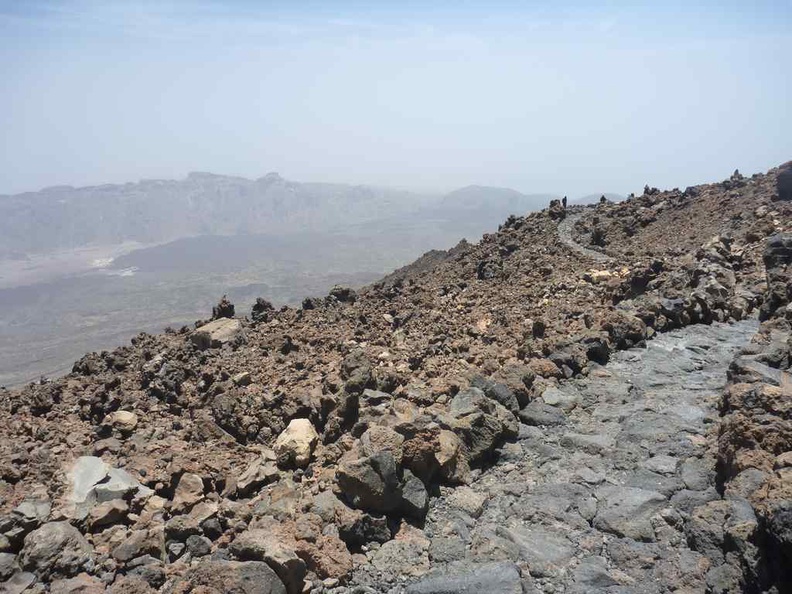
All in all, Tiede is definitely a key sight and attraction to visit when you are in the canary islands. The views, mountain and being on an active volcano, couple with a scenic drive up the mountain hill with long straights and windy mountain roads makes it as compelling natural sight in its own right.

